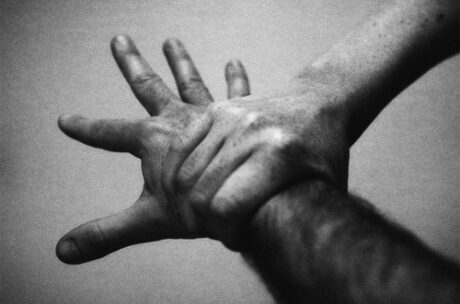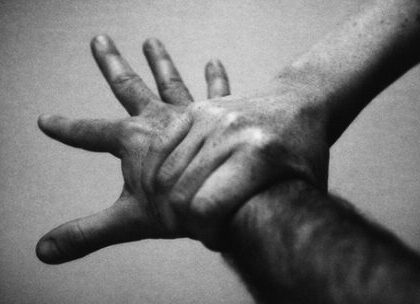
COURSE DESCRIPTION
GSA PMVA (Prevention and Management of Violence and aggression) training helps to reduce the risks of violence and aggression by developing staff knowledge, skills and attitudes to effectively manage incidents from various groups, for example from patients or residents to staff, from Visitors to staff and even from Staff to Staff. This course is accredited by GSA . This course is accepted throughout many NHS trusts. All our tutors are GSA trained .
CERTIFICATION
On completion delegates will learn to safely apply appropriate non-restrictive or (where necessary) restrictive physical interventions as alternatives to the primary non-escalation and secondary de-escalation strategies which we will help you to put in place.Delegates will receive an accredited certificate of attendance which is valid for 1 year. The certificate is issued by GSA global leading industry in personal safety.
LEARNING OUTCOMES
DAY ONE
- What is PMVA
- Influences on physical intervention within mental health
- Human Rights Legislation Legal and Ethical issues around Physical Interventions
- Article 2,Article 3, Article 5 Article 7
- Mental Capacity Act
- Deprivation of Liberty Safeguards ( DOLS)
- Reporting of Injuries Diseases Dangerous Occurrences Regulations (RIDDOR)
- Criminal Law & Common Law
- Low level grabs and holds
- Slaps, punches, kicks,
- Basic restraint techniques
- Repeated practice
DAY TWO
- Conflict management
- 4 steps to violence
- Identifying triggers
- Assault cycle
- Importance of communication (verbal, non-verbal)
- De-escalation
- Fighting arc
- Group work relating to scenarios
- Practice session and trouble shoot techniques learned from previous session
- Chair restraint and de-escalation techniques
- Breakaway techniques – rear and front clothing grabs
- Hair pulls
- Choking
- Arm locks
- Planned approaches (2 person approach for violent individual)
- Supine take down (basics)
DAY THREE
- Test based on theoretical aspects of course, legislation and conflict management
- Practice session and trouble shoot techniques learned from previous session
- Supine takedown and restraint (various options)
- Turning the patient
- De-escalation methods
- Prone take down
- Prone restraint
- Role of the head person
- Managing legs supine and prone
- Supine Restraint & IM Medication
- Practical assessment


